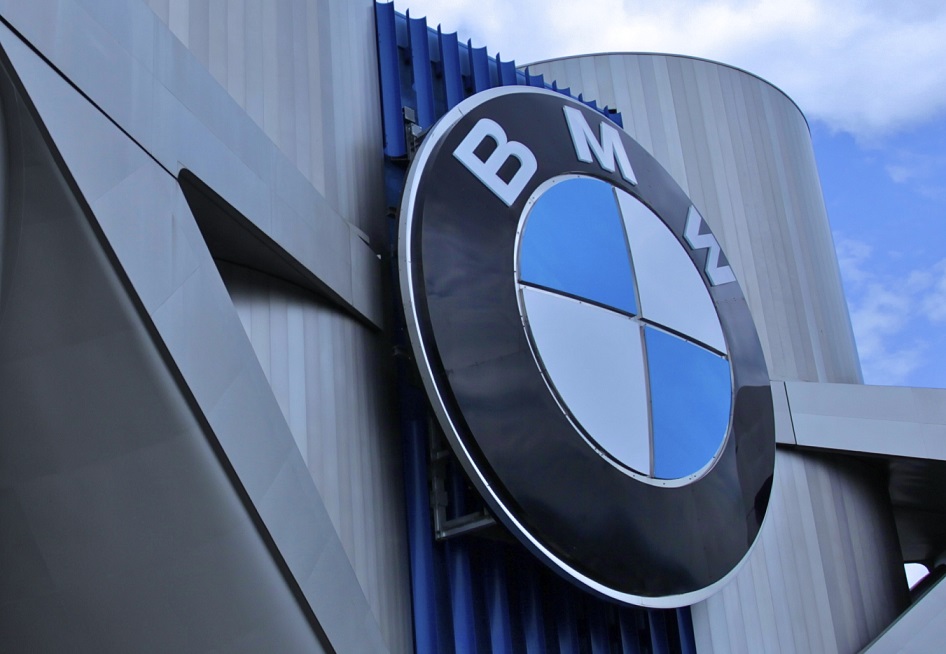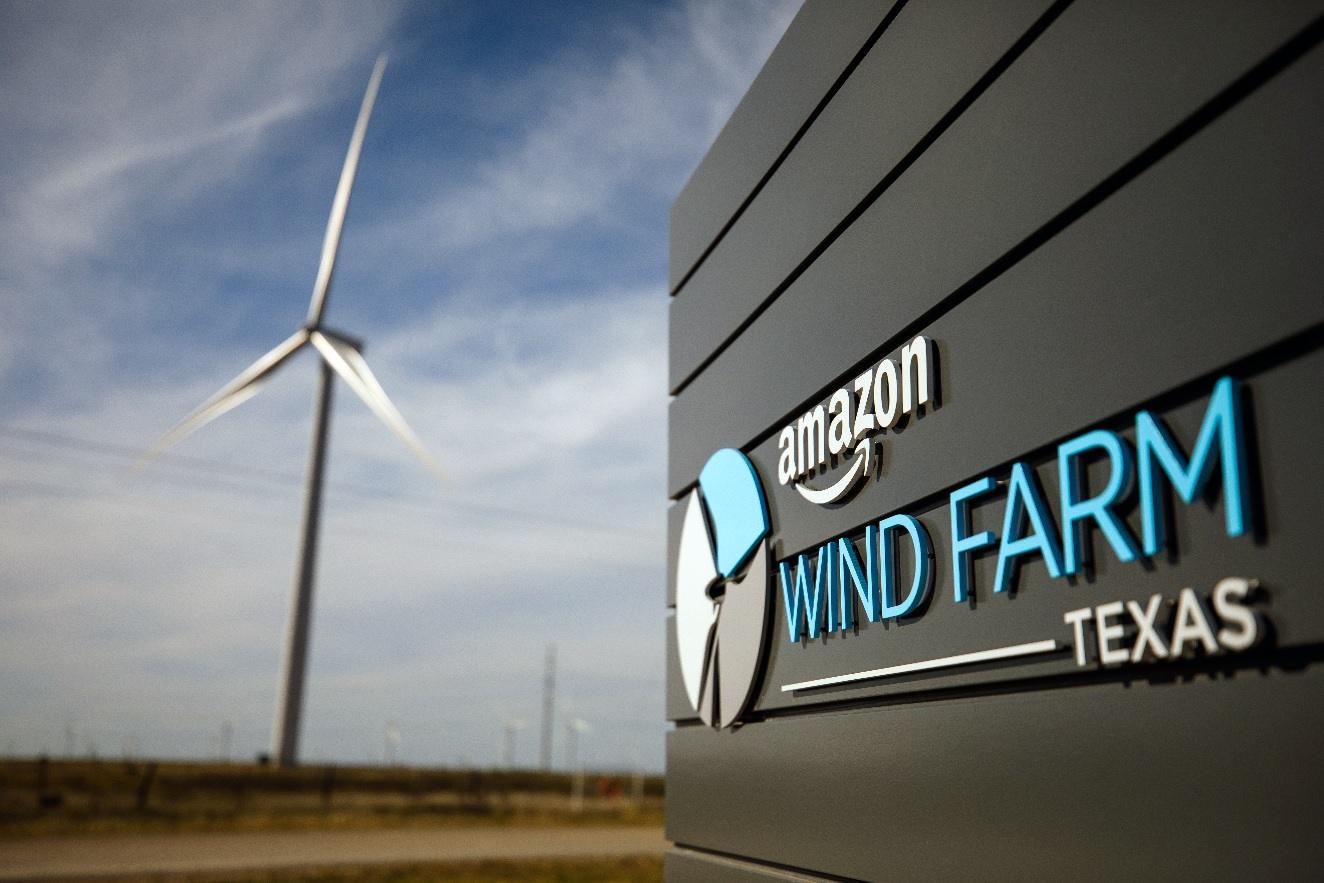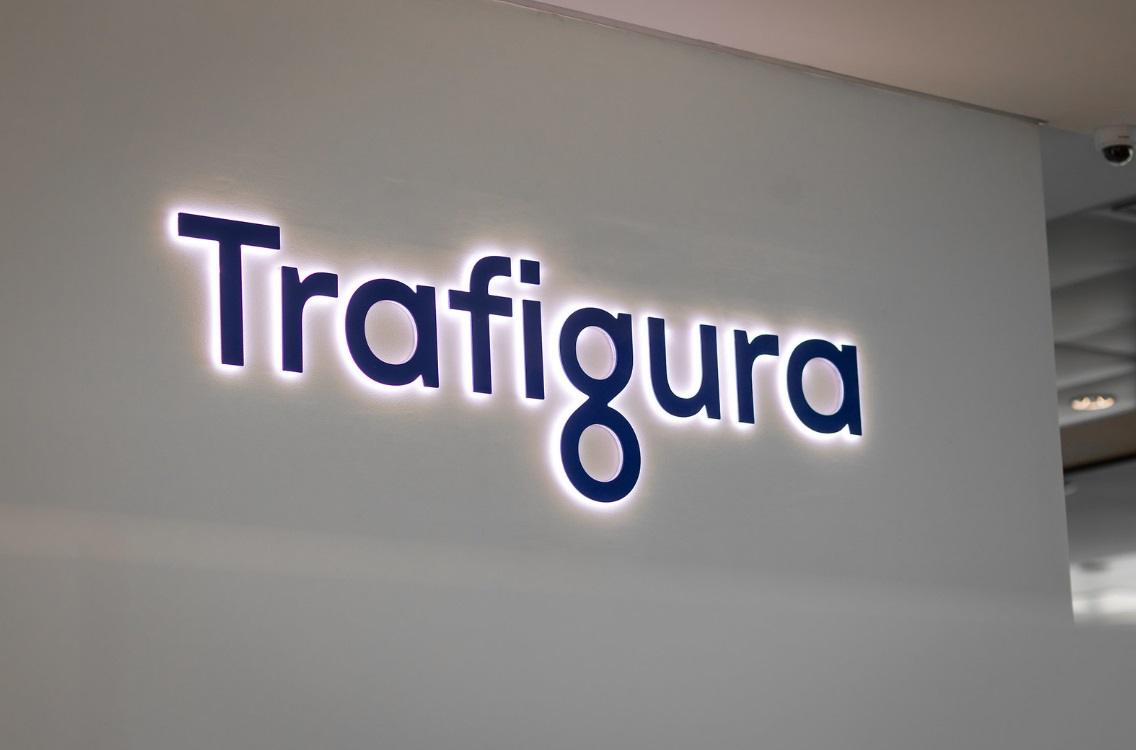BMW Sources Low-Carbon Steel for Global Production
Automotive manufacturer BMW Group announced today a series of new supply agreements for CO2-reduced steel in the US and China, as part of the company’s chain decarbonization efforts.
The purchase agreements include deals with U.S. producers Steel Dynamics (SDI) and Big River Steel, to use renewable energy sources in their local steel production for use in BMW plants in the U.S. and Mexico, and a deal with HBIS Group to supply the BMW plants in Shenyang, China with CO2-reduced steel from 2023.
The new agreements follow the expansion by BMW last year of its efforts to combat climate change with goals to reduce vehicle lifecycle emissions by 40% by 2030 throughout the lifecycle, and initiatives to increase the use of sustainable materials in its products.
Steelmaking is one of the biggest emitters of CO2 globally, with total greenhouse gas emissions (GHG) from the sector accounting for 7% – 9% of direct emissions from the global use of fossil fuels. According to BMW, around 20% of supply chain CO2 emissions for a mid-sized fully-electric vehicle are attributable to steel.
The announcement marks the latest in a series of low-carbon steel transactions for BMW including agreements with Swedish startup H2 Green Steel in 2021 and steel producer Salzgitter earlier this year.
Joachim Post, member of the Board of Management of BMW AG, said:
“Steel is one of the main sources of CO2 emissions in our supply chain. That is why we are comprehensively reorganising our steel portfolio – so we can supply our global production network with over on third of CO2-reduced steel from 2026. This will reduce the carbon footprint of our supply chain by 900,000 tonnes per year, while at the same time driving the transformation of the steel industry.”





